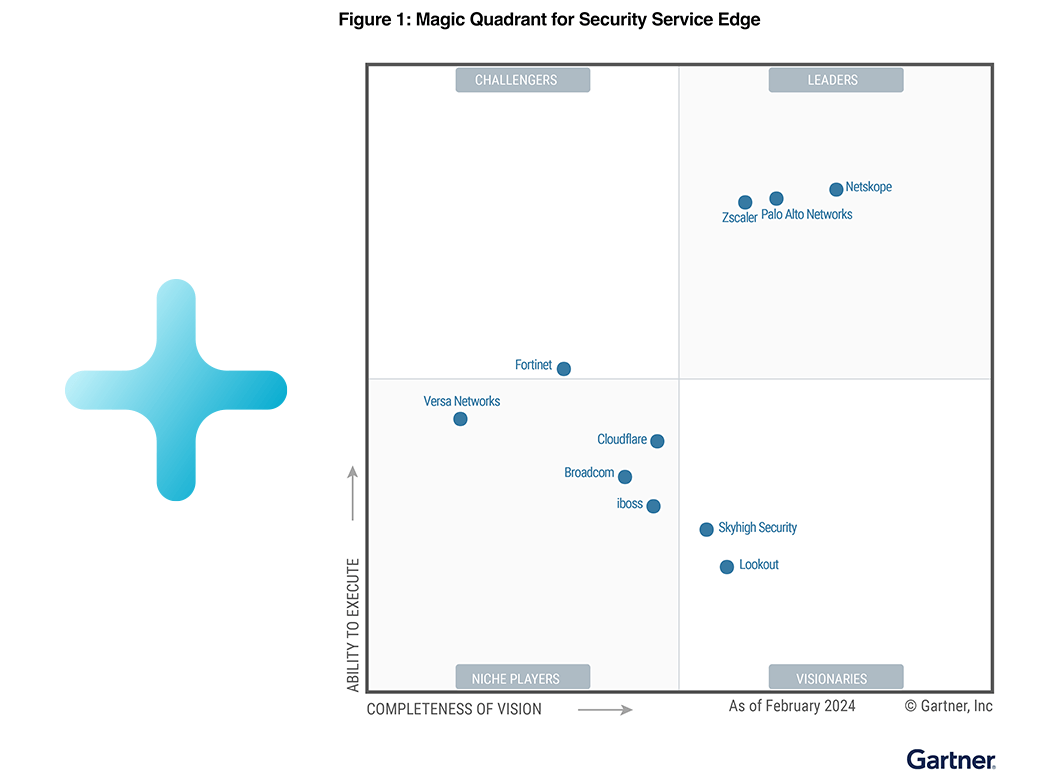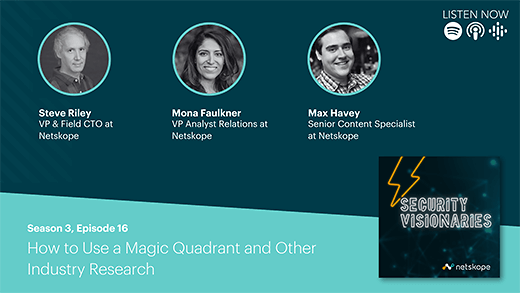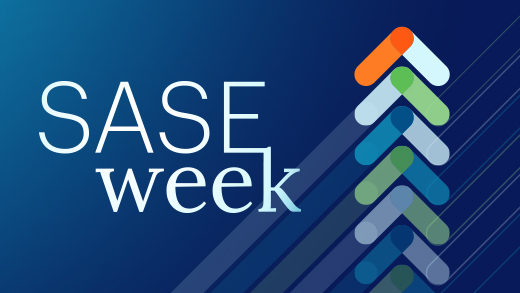The EU General Data Protection Regulation (‘the Regulation’) means that the role of the Data Protection Officer will at long last be given a Pan-European legislative construct.
Current position
There are already many multinationals that have a Chief Privacy Officer or Chief Data Privacy Officer (‘DPO’) and whilst there are a number of EU Member States that specifically reference the role of the DPO there is no harmonised approach at present.
The adoption of new rules relating to Privacy Seals by the French Data Protection Authority (CNIL) stipulates a number of duties to be observed by the DPO and this article will look at examples of the roles and responsibilities of the DPO in Europe and likely additions to those roles once the Regulation comes into force.
Currently some European jurisdictions mandate or legislate for the appointment of the DPO for example Germany, France, Hungary, Slovenia, Russia and Poland.
Where a DPO is appointed they are empowered to ensure that the data controller is compliant with all aspects of applicable data protection laws and regulations, and in some jurisdictions the contact details of the DPO must be registered with the relevant data protection authority (‘DPA’).
In a number of jurisdictions the formal appointment of a DPO negates requirement for notification or registration of the data controller with the relevant DPA on the basis that it is the duty of the DPO to maintain a compliance register and to oversee the management of processing personal data that would have otherwise been covered by a notification or registration process.
DPO responsibilities
Currently one of the first responsibilities of the DPO is to manage notifications or registrations with the relevant data protection authority in respect of the data processing activities of the data controller. Furthermore the DPO must keep such notifications and registrations up-to-date and to maintain separate notifications in respect of all data processing entities within the corporate group.
There are particular obligations placed on DPO’s in respect of notifications and registrations in respect of processing sensitive personal data as well as the international transfer of personal data (and particularly sensitive personal data) and other processing activities such as whistleblower or ethical hotlines.
It must be remembered that in the EU the process of notification and registration is more than a “tick box” exercise and also more than a mere bureaucratic filing formality.
The notification or registration of the data controller with a DPA assists the DPA in its ability to enforce data protection compliance and the DPO needs to be fully informed of all processing activities in order to ensure that faster notifications and registrations are accurate and up-to-date.
In some European jurisdictions data processing cannot occur without prior registration of data processing activities and without prior approval of the relevant DPA. In addition specific notifications fall within the responsibility of the DPO where those notifications relate to whistleblower and ethical hotlines, international transfers of personal data (particularly of a sensitive nature) and notifications of data breaches for cyber incidents. Another general responsibility of the DPO is to monitor the activities of all data controllers within the DPO’s corporate group including HR, sales and marketing, IT, procurement and outsourcing.
The DPO needs to have in place a policy and procedure that ensures liaison with relevant departments in respect of any changes to processing activities – such as HR in relation to staff, leavers, job interviews and recruitment, background checks, new members of staff and the use of agents or sub-contractors.
The DPO is or should be a “C Suite” person who has direct reporting to the management in respect of data privacy and related compliance issues. The DPO shall have the autonomy and related budget and decision-making powers to manage non-compliance and related events including reporting of such incidents to the relevant DPA.
Implementing policies
The DPO needs to implement policies and procedures to manage the outsourcing of data processing activities including the use of third party vendors for HR, IT and marketing and particularly where those third party vendors may be processing personal data of the company outside the European Economic Area and/or within the Cloud.
The DPO needs to maintain close relationships with the Chief Information Security Officer (CISO) in order to manage not only the contractual issues and compliance issues relating to the processing of personal data but also the information security policies and procedures relating to that processing and cyber security planning.
In terms of the development of policies, procedures and practices the DPO needs to:
- Provide guidelines to the Board of Directors as well as all members of staff;
- Provide guidelines to joiners or new members of staff;
- Provide guidelines to contractors and third parties that are using company facilities and company information;
- Liaise with HR in relation to the development of policies, procedures and practices and for particularly members of staff, interviewees and job applicants;
- Liaise with the IT department in relation to the development of policies, procedures and practices for information security, data handling, outsourcing, BYOD and monitoring in the work place; and
- To liaise with sales and marketing to ensure compliance with applicable laws and regulations for marketing, advertising, profiling and publicity.
Another important aspect of the role of the DPO is that of training. Apart from the fact that training is an essential element of implementing compliance it is also in the eyes of the data protection authorities an intrinsic part of compliance with the law. There have been a number of instances where when an investigation has been carried out by a DPA, the lack of training on policies and procedures has increased the fines and/or settlement.
The DPO therefore must provide facilities for training in order to raise awareness of policies and procedures amongst existing staff, new staff and the Board. In addition the DPO needs to advise and coordinate in-house training tailored to specific departments and teams and produce regular information as changes in laws and regulations emerge. This is a significant role as the global privacy frameworks change almost daily and the DPO needs access to as much information and updates as possible from external sources in order to keep fully abreast of laws, regulations and regulatory guidance.
In many jurisdictions in Europe data subjects have the right to know from the data controller what personal information that data controller is processing about them. This right is often called a Subject Access Request (‘SAR’) and when a SAR is received by the data controller there is often a fixed mandatory period for the data controller to properly respond to the SAR and therefore the DPO needs to implement a SAR policy and procedure as well as internal training on how a SAR is to be properly managed. When an a data subject issues a SAR it is usually in circumstances where the individual is unhappy or concerned about personal data being processed by the data controller and the SAR policy needs to anticipate the complexity of responding to a SAR particularly where large volumes of personal information are processed by the data controller in respect of that individual whether they are an employee or a customer.
Many jurisdictions in Europe do not allow the data controller to charge for responding to a SAR and yet the cost of responding to a SAR can run to hundreds of hours particularly where the company does not have a robust records management system. The DPO needs to ensure that there is a records management policy that enables searches for personal records to be made in electronic databases as well as manual records since both are caught by the requirements of a SAR. This will mean understanding what personal information is held within the data controller’s network as well as on personal devices on members of staff or on manual files.
The SAR process means that attention also needs to be given to document retention and document destruction policies as well as homeworking and BYOD policies.
Finally under current legislation the Data Protection Officer is responsible for managing compliance audits. This is particularly the case where the DPO is an appointed officer and registered with the local data protection authority. In terms of audits not only do they need to be carried out regularly but there needs to be a procedure such as a Privacy Impact Assessment (‘PIA’) that addresses changes to policies, procedures and practices as a result of technology changes or company procedures.
From an ethical point of view when audits are carried out, the DPO should consider using a third party to audit specific policies created by the DPO.




 Back
Back 






















 Lea el blog
Lea el blog